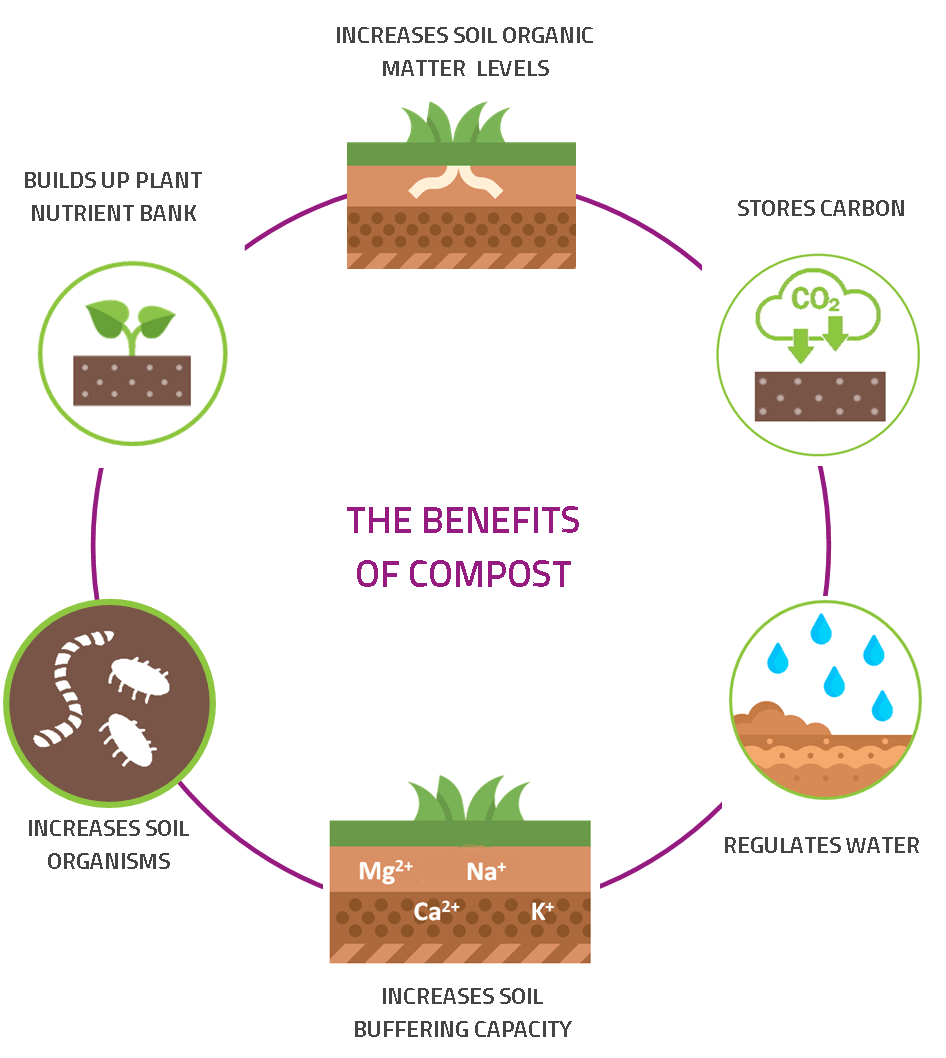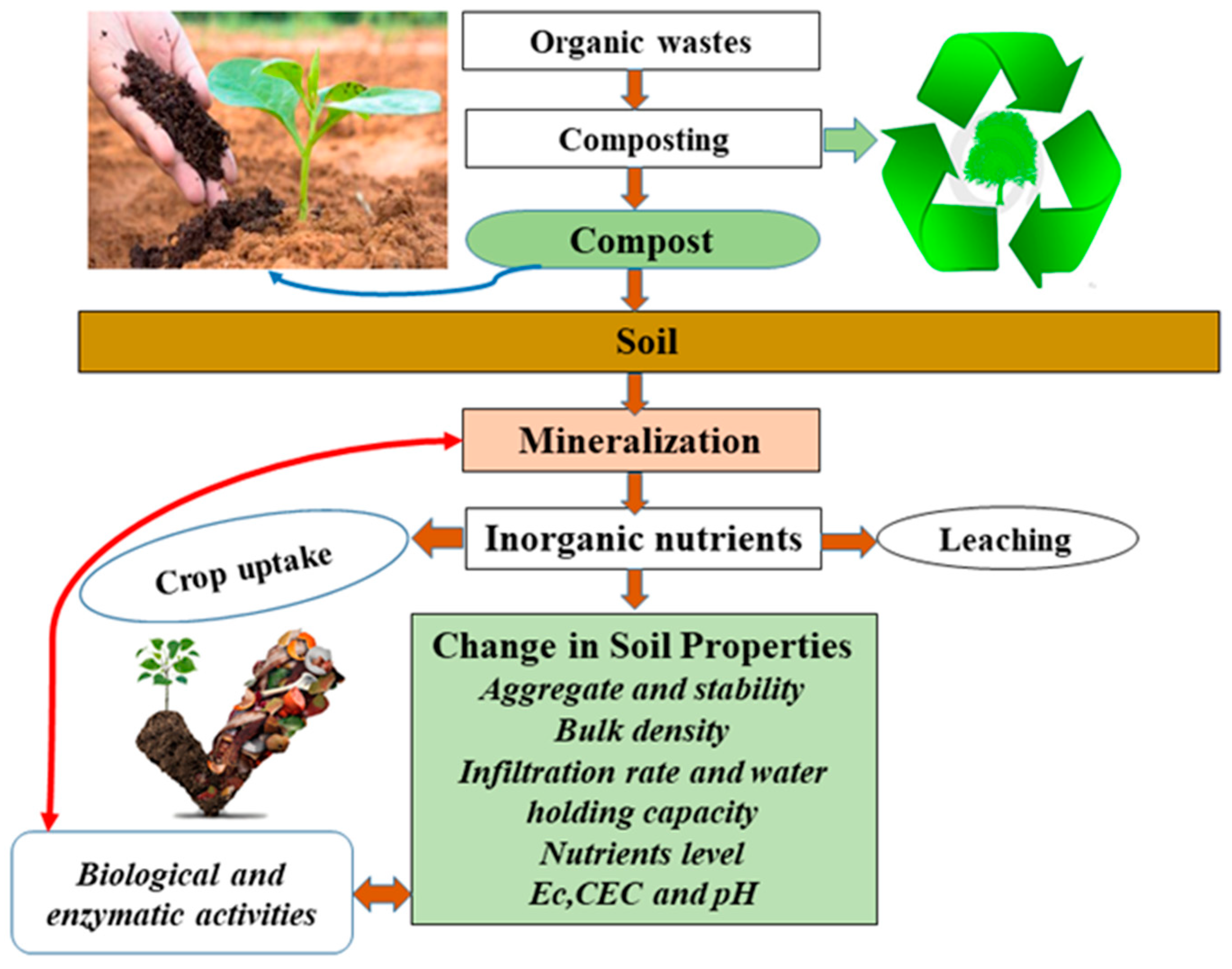Transforming compost into soil is a rewarding practice that benefits both gardeners and the environment. Composting is more than just disposing of organic waste; it’s a way to create rich, nutrient-packed soil that supports plant health, retains moisture, and fosters sustainable gardening. This guide will cover everything you need to know to turn compost into soil effectively, from understanding the decomposition process to applying composted soil in your garden.
Gardening enthusiasts often ask, “How can I turn compost into soil?” or wonder about the right techniques to ensure the soil they create is beneficial for their plants.

What is Compost and How Does It Turn Into Soil?
Compost is often described as “black gold” in the gardening world, and for a good reason. Compost is decomposed organic material that, when fully broken down, enriches soil with essential nutrients, beneficial microorganisms, and organic matter that plants thrive on. But what exactly goes into compost, and how does it become soil-like in texture and composition? Here’s an in-depth look at the process.
Understanding Compost
At its core, compost is a mixture of organic materials that have been decomposed by bacteria, fungi, and other microorganisms. These materials usually fall into two main categories:
- Green Materials: These include items high in nitrogen, like vegetable scraps, coffee grounds, fresh grass clippings, and garden trimmings. Nitrogen-rich ingredients are essential for helping bacteria break down other materials more rapidly.
- Brown Materials: Brown components, such as dry leaves, straw, cardboard, and small twigs, provide carbon. Carbon acts as a food source for microorganisms, keeping the compost balanced and preventing it from becoming too wet and smelly.
A good compost mix typically has a ratio of two parts brown to one part green. This balance is crucial for effective decomposition, ensuring a final product that is rich in nutrients and free from foul odors.
The Decomposition Process
To transform compost into soil, a natural process of decomposition must occur, which happens through several stages:
- Initial Breakdown (Mesophilic Stage): In the early stages, bacteria begin breaking down the easily decomposable materials, generating mild heat. This phase lasts a few days as the compost “heats up” and attracts various decomposers like worms, insects, and smaller microbes.
- Thermophilic Stage (High-Temperature Decomposition): As the microbial activity intensifies, the compost pile heats up significantly, often reaching temperatures between 130-160°F (55-70°C). This stage can last weeks or even months, breaking down tougher materials like woody branches and killing pathogens or weed seeds.
- Cooling and Maturation: After the high-heat phase, the compost cools and matures, allowing beneficial fungi, worms, and other organisms to further decompose and enrich the material. Over time, the compost becomes stable, meaning it’s rich in nutrients and ready to be mixed into soil.
The resulting compost is dark, crumbly, and has an earthy smell. At this point, it closely resembles soil in texture and structure but is even more nutrient-dense.
Difference Between Compost and Soil
While they may look similar, compost and soil have distinct roles in gardening:
- Soil: This is the natural medium in which plants grow and typically consists of minerals, organic matter, air, and water. Good soil has varying levels of sand, silt, clay, and organic content, depending on the region and type.
- Compost: Compost acts as a soil amendment. It improves soil structure, boosts nutrient content, and promotes healthy microbial activity. However, it is not a standalone planting medium for most plants.
Blending compost with soil creates composted soil—an enhanced medium that retains water, promotes root growth, and supports healthy plant development.
Compost and Soil Transformation: A Sustainable Approach
Transforming compost into soil-like material is sustainable and aligns with eco-friendly practices. Rather than using synthetic fertilizers, which can lead to nutrient runoff and environmental harm, compost naturally enhances soil quality over time. Moreover, composting reduces household waste, conserving landfill space and lowering greenhouse gas emissions.

